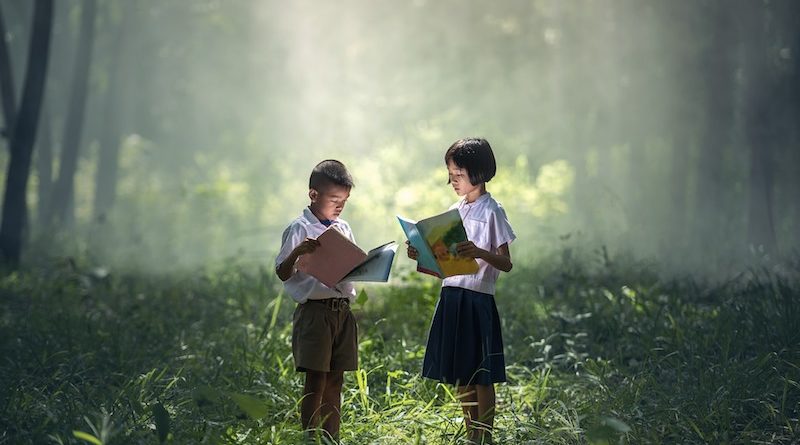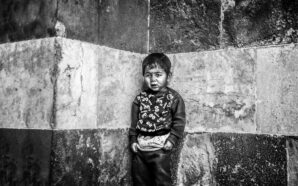“Human rights are women’s rights and women’s rights are human rights, once and for all.” – Hillary Clinton
Education is a basic need of everyone’s life. Sadly, some communities discriminate on the basis of sex and deny girls the opportunity of an education which leads to an imbalance in educational attainment. About 57 million children are not going to school around the world. Low income countries have a higher prevalence of children not receiving primary education and according to UNESCO: “95 per cent of the 28.5 million children are not getting primary education in low income countries-: 44 per cent in Africa , 19 per cent in South and West Asia and 14 per cent in Arab states.” According to the UNESCO, 130 million girls are out of school.
Some of the underlying reasons for women’s lack of access to education include child marriage, sexual violence, poverty, and cultural norms among others. In Eastern societies including Pakistan, India and Bangladesh, deeply embedded cultural norms result in early marriage which often denies girls an opportunity to an education. Once girls are married it is expected that they are to take care of the household. Child marriage is a violation of fundamental human rights that prevents girls from going to school, has ramifications on their health and wellbeing and sentences them to a lifetime of poverty.
The World Bank Group (WBG) supports girls education through providing stipends to ensure primary and secondary education for girls, skills development programs, training of female teachers, and building safe and inclusive schools for women. The WBG is a member of United Nations Girls Education Initiative (UNGEI ) which comprises over 20 partners.
According to an African proverb: “if we educate a boy, we educate one person. If we educate a girl, we educate a family and a whole nation.”
While answering to the questions in an interview taken by CARE (humanitarian organization fighting for global poverty) expert said:
“Several countries rank extremely low in education for girls and women including India. Some recent estimate suggest about 58 million primary school age children are out of school around the world ,more than half of them are girls. Nearly 30% are in Africa”.
Answering to another question she said that we all can support girls education by simply start of conversation with friends and family about the importance of education and about the barriers so many girls face while trying to access education.”
So now the question is what effective measures should be taken to ensure education access to women everywhere and change this mindset of people. It’s every person’s responsibility to do that and spread education and do what is possible for them. On the other hand, the best thing is that education should be free, at least basic education should be free for all. Organizations and governments should announce scholarships and stipends for the needy. There should be more schools for women so that they don’t have to go far for education which is also barrier to their education. Beside all this, in today’s world social media is the biggest platform to spread awareness and it will be effective.
According to UNICEF, to improve girls access to education parental and community involvement is important, cost should be low and schools should be close to homes.











